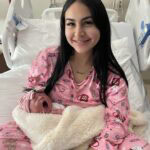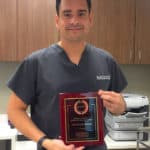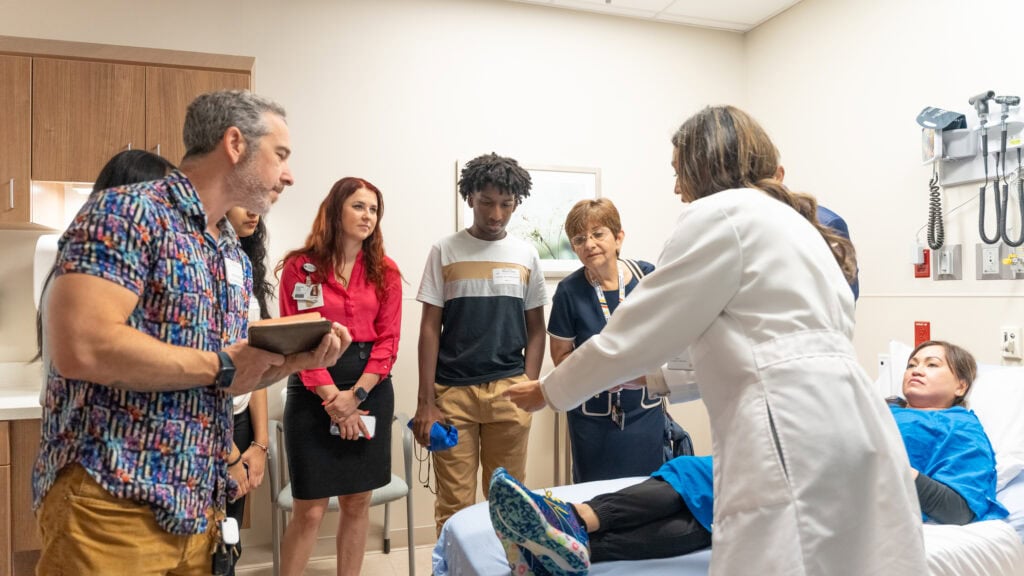
Inside UCF Lake Nona Hospital, a scene that has played out in hospitals for decades is getting a 21st-century rewrite. The frantic, paper-strewn nursing shift change—a process often fraught with the risk of missed information—is being replaced by a calm, structured, and digital handoff. This is just one of many innovations taking root at the hospital, which has become HCA Healthcare’s first national Innovation Hub, transforming it into a living laboratory for the future of patient care.
The core mission is not about technology for its own sake, but about solving a very human problem: the overwhelming administrative burden that pulls caregivers away from their patients. As leaders at the hospital explain, nurses and physicians can spend 30% to 40% of their day on documentation. One study found nurses spent an average of 91 minutes per shift simply hunting for information to consolidate patient notes.
To combat this, the Innovation Hub is developing tools that give clinicians back their most valuable resource: time. One of the flagship projects is the Nurse Handoff tool, developed with direct input from the nurses who now use it daily. It consolidates all relevant patient information into a single, succinct summary, accessible on a secure hospital phone.
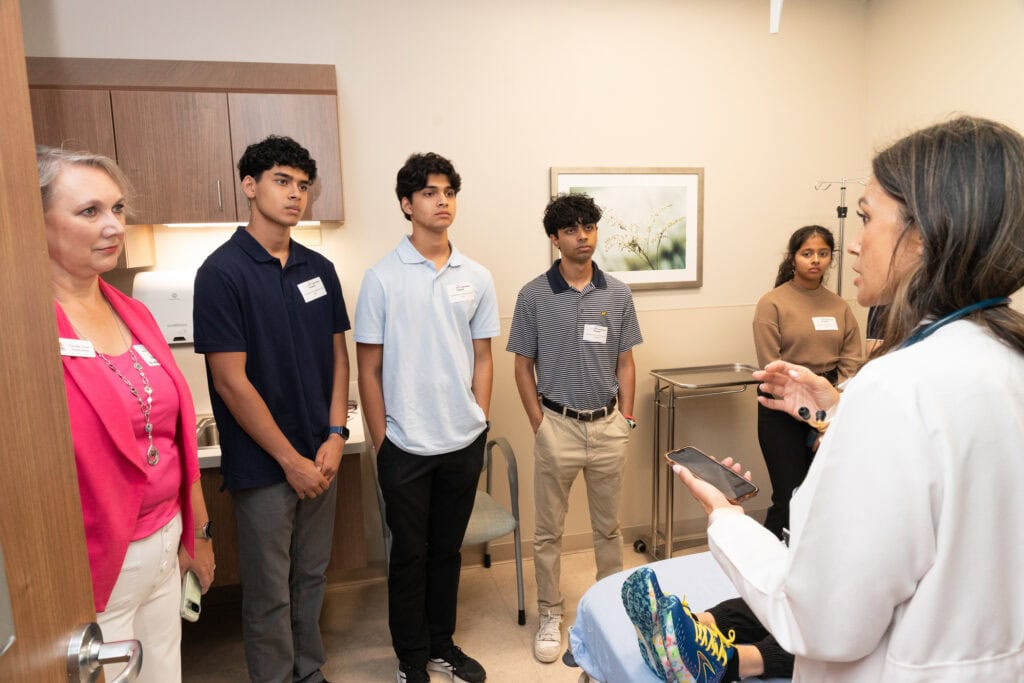
“There’s a lot of information that we have to keep in our brains. It can lead to error,” one nurse explained during a live demonstration. The tool’s purpose is to “improve patient outcomes, provide faster access to relevant patient information,” and support new nurses who might find the traditional process intimidating.
Another groundbreaking technology being tested is Advanced Documentation in the ER, which uses ambient listening to assist with clinical documentation. During a patient visit, a physician can simply have a natural conversation, and the AI-powered system intelligently pulls out the clinically pertinent information to generate a detailed note, uploading it to the patient’s medical record in real-time. This allows the doctor to remain fully present and engaged with the patient rather than looking at a computer screen.
“Because of our size and our scale… we have the ability to make these kinds of investments and to think long-term,” said Dr. Michael Schlosser, senior vice president at HCA Healthcare. “The Innovation Hub at UCF Lake Nona Hospital in Orlando is truly leading the way in revolutionizing delivery of care, across HCA Healthcare and the entire healthcare industry.”
The work is not only transforming care but also inspiring the next generation. A recent event saw Seminole County high school students, led by Sean Esler of Edge Consulting, Inc., tour the facility and interact with the new technologies.
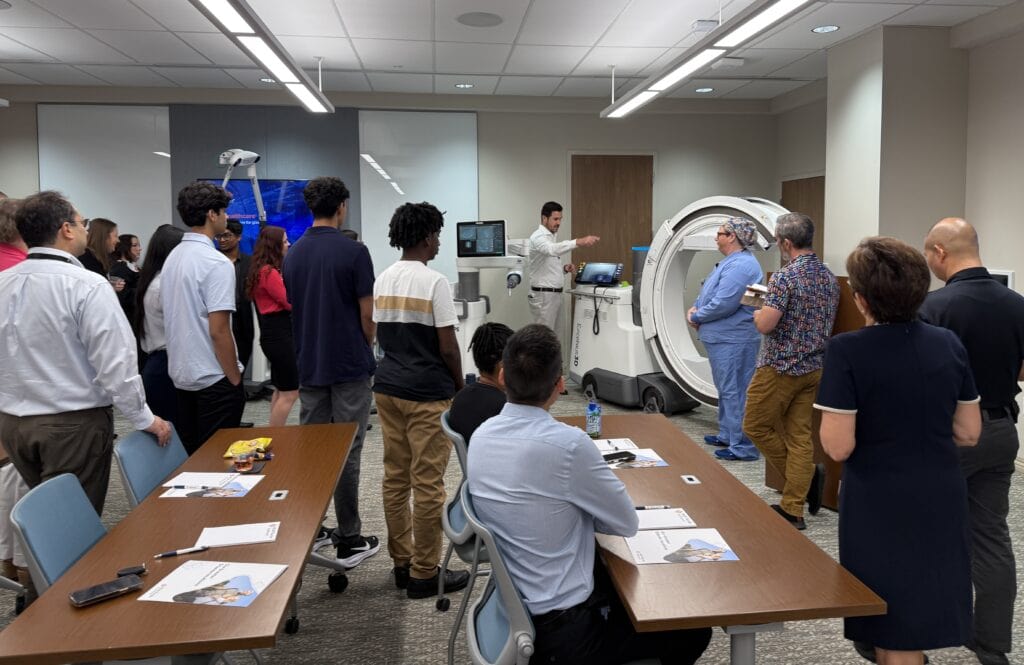
“I saw the future today,” said Geetika Kesavan, an incoming senior at Seminole High School. “Coming here made me realize the importance of the back end of healthcare and how AI and automation can make care better and safer for patients.”
The students witnessed firsthand the collaborative culture that defines the hub’s success. “Seeing how these innovations directly impact the lives of healthcare workers and how the people working on them are using the nurses’ feedback is amazing,” added student Avi Gupta.
This culture is intentionally cultivated. Samantha Thompson, a change manager with HCA’s Digital Transformation and Innovation Team, highlighted the importance of a “growth mindset” and a “fail forward mindset”. The hub provides a safe space to test new ideas, learn from what doesn’t work, and quickly pivot.
“Our innovation is led by the clinical work,” Thompson said. “Our frontline workers aren’t just the testers. They co-create these with us”.
This approach allows HCA to refine solutions like Timpani—an automated staffing platform that started on a whiteboard at the hospital and is now in 106 HCA facilities—before scaling them nationally. It prevents the costly mistake of rolling out technology that, despite good intentions, doesn’t actually improve the workflow for caregivers.
As the hospital continues to pilot new projects, from supply chain automation to advanced robotics in spine surgery, the guiding principle remains the same. It’s a philosophy perhaps best summarized by one of the innovation leaders: “Augmented intelligence is not going to replace a physician or a caregiver. But a caregiver or a physician using AI will likely replace a physician or a caregiver not using it”.
I was thrilled to be invited to attend this demonstration of how our local hospital is driving innovation that has the ability to improve lives right here in our backyard. Just one more reason that Lake Nona is such a wonderful place to call home.
